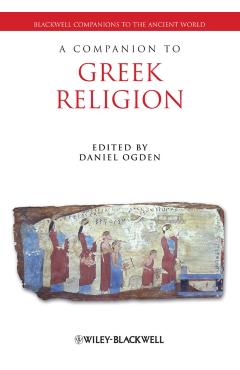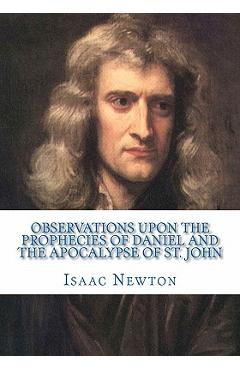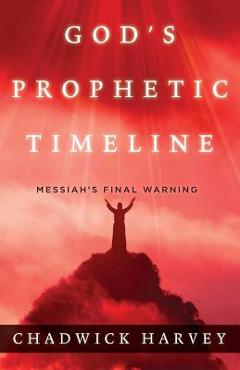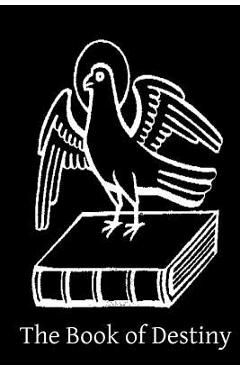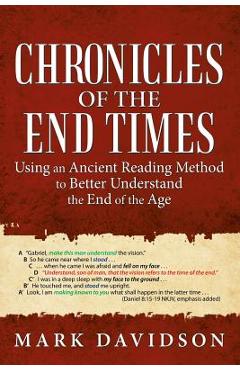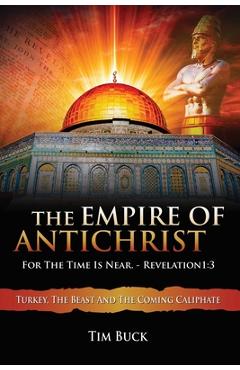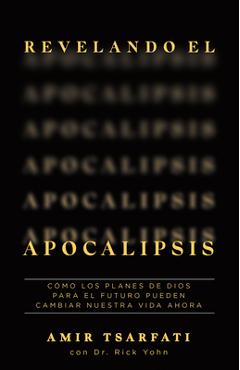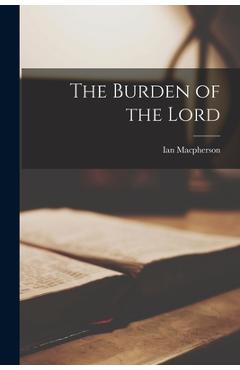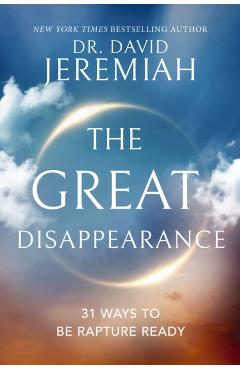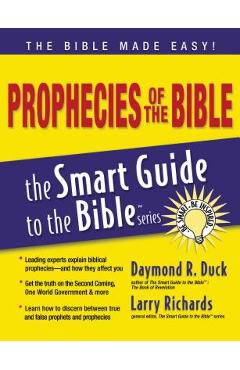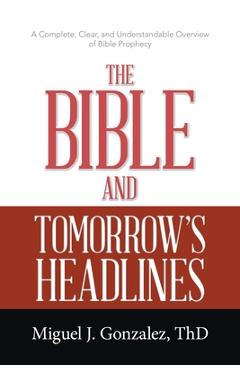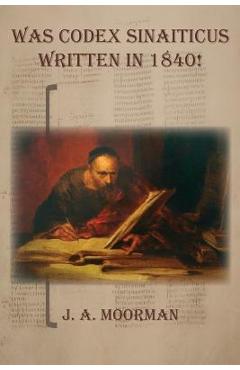The SIbylline Oracles
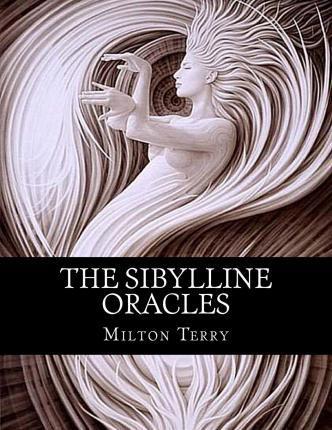
The SIbylline Oracles
An oracle was a person or agency considered to be a source of wise counsel or prophetic opinion, predictions or precognition of the future, inspired by the gods. As such it is a form of divination. The word is derived from the Latin verb orare "to speak" and properly refers to the priest or priestess uttering the prediction. In extended use, oracle may also refer to the site of the oracle, and to the oracular utterances themselves, called in Greek. Oracles were thought to be portals through which the gods spoke directly to man. In this sense they were different from seers who interpreted signs sent by the gods through bird signs, animal entrails, and other various methods. The most important oracles of Greek antiquity were Pythia, priestess to Apollo at Delphi, and the oracle of Dione and Zeus at Dodona in Epirus. Other temples of Apollo were located at Didyma on the coast of Asia Minor, at Corinth and Bassae in the Peloponnese, and at the islands of Delos and Aegina in the Aegean Sea. Only the Delphic Oracle was a female; all others were male. The Sibylline Oracles are a collection of oracular utterances written in Greek hexameters ascribed to the Sibyls, prophetesses who uttered divine revelations in a frenzied state. Preface "Like other pseudonymous apocalypses, these Sibyllines contain evidence of being the work of a number of different authors. They are obviously a composite of Jewish and Christian elements. The citation from the Sibyl which appears in Josephus (Ant. i, iv, 3) shows that the oldest portion of our present third book (line 117, ff) must have been current before the beginning of the Christian era. The verses of the Jewish Sibyl probably originated at Alexandria, and may possibly have incorporated some fragments of more ancient oracles once included in the Sibylline books which were kept at Rome. They presented such a fascinating form of pseudepigraphical composition that not a few other writers followed the successful example and put forth verses of various merit. And so it came to pass that after a few centuries the later Jewish and the early Christian literature abounded with poetic oracles purporting to be productions of the ancient Sibyls. Many independent compositions of this kind were accordingly in circulation some time before the task was taken in hand of arranging the entire body of so-called Sibylline Oracles into one connected and orderly series. This task was undertaken by the author of what is known as the "Anonymous Pre
PRP: 92.92 Lei
Acesta este Pretul Recomandat de Producator. Pretul de vanzare al produsului este afisat mai jos.
78.98Lei
78.98Lei
92.92 LeiLivrare in 2-4 saptamani
Descrierea produsului
An oracle was a person or agency considered to be a source of wise counsel or prophetic opinion, predictions or precognition of the future, inspired by the gods. As such it is a form of divination. The word is derived from the Latin verb orare "to speak" and properly refers to the priest or priestess uttering the prediction. In extended use, oracle may also refer to the site of the oracle, and to the oracular utterances themselves, called in Greek. Oracles were thought to be portals through which the gods spoke directly to man. In this sense they were different from seers who interpreted signs sent by the gods through bird signs, animal entrails, and other various methods. The most important oracles of Greek antiquity were Pythia, priestess to Apollo at Delphi, and the oracle of Dione and Zeus at Dodona in Epirus. Other temples of Apollo were located at Didyma on the coast of Asia Minor, at Corinth and Bassae in the Peloponnese, and at the islands of Delos and Aegina in the Aegean Sea. Only the Delphic Oracle was a female; all others were male. The Sibylline Oracles are a collection of oracular utterances written in Greek hexameters ascribed to the Sibyls, prophetesses who uttered divine revelations in a frenzied state. Preface "Like other pseudonymous apocalypses, these Sibyllines contain evidence of being the work of a number of different authors. They are obviously a composite of Jewish and Christian elements. The citation from the Sibyl which appears in Josephus (Ant. i, iv, 3) shows that the oldest portion of our present third book (line 117, ff) must have been current before the beginning of the Christian era. The verses of the Jewish Sibyl probably originated at Alexandria, and may possibly have incorporated some fragments of more ancient oracles once included in the Sibylline books which were kept at Rome. They presented such a fascinating form of pseudepigraphical composition that not a few other writers followed the successful example and put forth verses of various merit. And so it came to pass that after a few centuries the later Jewish and the early Christian literature abounded with poetic oracles purporting to be productions of the ancient Sibyls. Many independent compositions of this kind were accordingly in circulation some time before the task was taken in hand of arranging the entire body of so-called Sibylline Oracles into one connected and orderly series. This task was undertaken by the author of what is known as the "Anonymous Pre
Detaliile produsului









